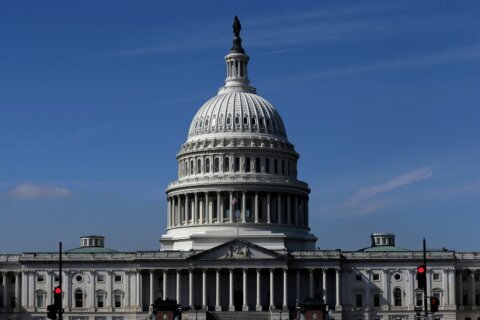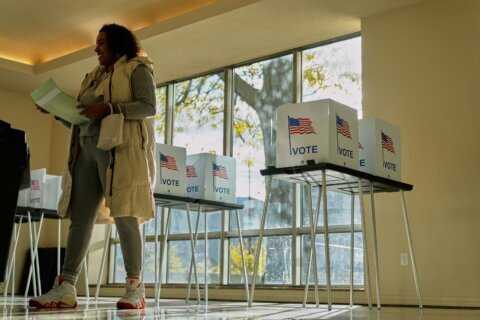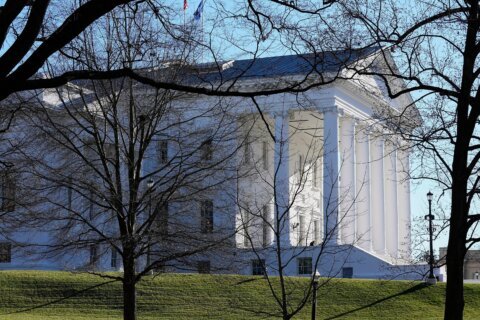
States across the U.S. have made solid improvements in election security since 2016, according to experts testifying Tuesday before a House panel who pushed back on President Donald Trump’s assertions that mail-in voting has widespread potential for fraud in the upcoming election.
A House Homeland Security subcommittee heard from several witnesses, who said it is critical for Americans to have confidence in the election system, given the foreign meddling that occurred four years ago.
Though overall security keeps getting better, there have been lapses. Among those cited was D.C.’s June primary.
David Levine, an elections integrity fellow with the German Marshall Fund of the United States, noted that D.C, as a “last resort,” allowed some residents to cast their votes by email after complaints that they hadn’t received absentee ballots.
“While the effort was well-intentioned, it put election results at risk because there’s no way either for those voters to verify that their votes were recorded accurately, or to ensure that those votes were not altered in transmission by bad actors,” Levine said.
He said that even if there’s no actual interference with email ballots, they provide “fodder to foreign adversaries, who could use such actions to sow doubt and confusion about the legitimacy of our elections.”
U.S. intelligence officials recently confirmed that foreign actors continue to spread disinformation to try to cause confusion for U.S. voters.
John Gilligan, president and CEO of the Center for Internet Security, said states have made technical improvements that make it difficult to hack into voting systems.
He noted that election officials have consistently said that there was no evidence any votes were changed in the 2016 election.
“Those systems tend to be highly resilient, and they’re not easily accessible,” Gilligan said.
When asked his greatest fear for the upcoming election, he cited the issue of voter confidence that was rattled four years ago.
“I believe that the biggest challenge that we continue to have into 2020 … is to be able to ensure that the American public has clear information about what is being done to protect the systems,” Gilligan said.
Rep. Bennie Thompson, D-Miss., chairman of the House Homeland Security Committee, said he is concerned about the U.S. Postal Service having all the resources it needs, given that there is a surge in mail-in voting taking place.
Trump has continually sought to raise doubts about mail-in voting, suggesting it could be a source of fraud, even though many states have been carrying out mail-in voting for years without any major problems.
Witnesses testified that their experience corresponded with studies that have found few issues with voting by mail.
Amber McReynolds, the CEO of the National Vote at Home Institute and Coalition, testified that it is important that the U.S. Postal Service have adequate resources to deal with not just mail-in ballots, but the wide range of notices that go out to voters.
Democratic lawmakers have raised questions about how the new postmaster general, Louis DeJoy, is managing the U.S. Postal Service. The House Oversight and Reform Committee this week announced it has invited DeJoy to testify about changes that have reportedly led to delays in deliveries.
Dejoy, a Republican fundraiser, was appointed by the independent Postal Service Board of Governors. He has the support of Trump, who has been a frequent critic of the U.S. Postal Service.
McReynolds, a former director of elections in Denver, noted that Colorado has had mail-in voting for a long time and that fraud has not been an issue.
“Colorado, where I’m from, was deemed the safest place to vote in the country a couple years ago by the Homeland Security secretary,” McReynolds said.
Editor’s note: An earlier version of this story stated that Louis DeJoy had been appointed postmaster general by Trump. The postmaster general is appointed by the USPS Board of Governors.








